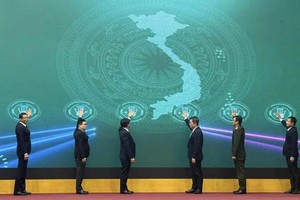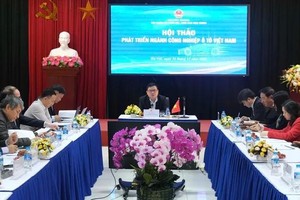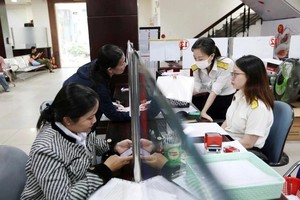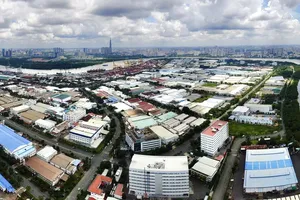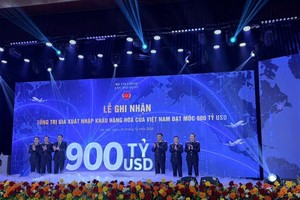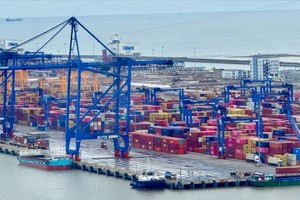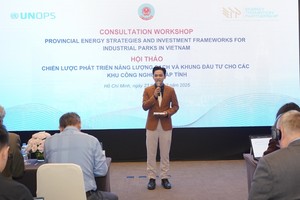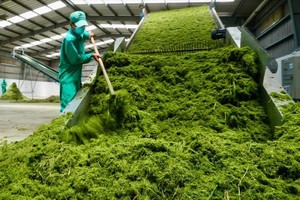A future free trade agreement (FTA) between Viet Nam and the European Union (EU) would greatly benefit the Vietnamese economy.
Deputy Director of the Ministry of Trade and Industry's Multilateral Trade Policies Department, Le Quang Lan, made the above comment at a seminar held by the European Chamber of Commerce in Viet Nam and the Viet Nam Chamber of Commerce and Industry in Ha Noi yesterday.
An FTA would afford Viet Nam with opportunities to sharpen its competitiveness, attract more foreign investment and promote its exports, Lan said.
Juan-Jose Almagro Herrador, political and economic advisor to the EU Delegation in Viet Nam agreed, saying that lower EU tariffs would better facilitate Vietnamese exports especially in textiles, seafood and footwear, while lowering Vietnamese tariffs could assist the local economy to become more competitive in the long term and help increase EU investment in Viet Nam.
Under an FTA, EU import tariffs imposed on Vietnamese textiles would be reduced from 12 per cent to 0 per cent, creating more opportunities for local garment exporters, said Bac Giang Garment Joint Stock Co general director Nguyen Huu Phai .
Despite having encouraged growth, Vietnamese textile exports to the EU have still been lower compared to exports to the US, Japan and South Korea, he said.
In the first nine months of 2010, Vietnamese textile exports to the US reached US$4 billion, an increase of 22.1 per cent compared to 2009. Exports to Japan reached $700 million, an increase of 15 per cent while exports to the EU accounted for $1.18 billion, an increase of only 6 per cent.
An FTA was essential in importing machinery, technologies and cheaper and better materials from the EU to enhance production capacities and product quality.
"Sharing experiences and technical knowledge is expected to greatly enhance the reputation of Vietnamese textile products within the EU market," he noted.
During the last decade, the EU has been an important trading partner to Viet Nam, two-way trade having experienced an annual growth rate of 15-20 per cent in recent years and trade valued at $15.5 billion in 2010.
As of March, the EU has invested $16 billion into 1,079 projects throughout the country. — VNS
